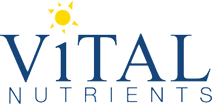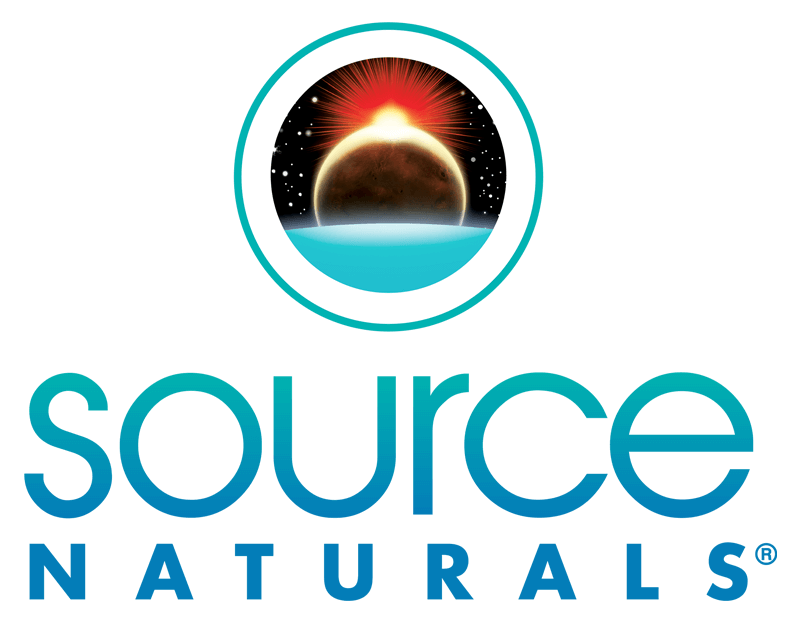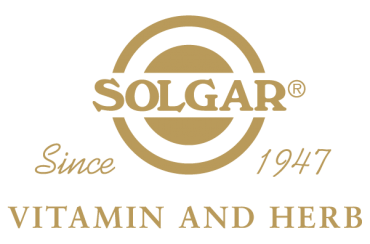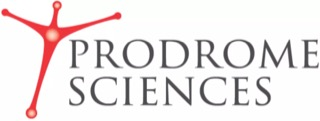Liver health plays a critical role in maintaining overall health and well-being. The liver is a vital organ responsible for performing numerous essential functions that impact the entire body. Here are some ways in which liver health affects the rest of the body:
Metabolism and Nutrient Processing
The liver is involved in metabolism and plays a key role in processing nutrients, including carbohydrates, proteins, and fats. It helps convert carbohydrates into glucose for energy, synthesizes proteins and cholesterol, and processes dietary fats. A healthy liver ensures proper metabolism and nutrient utilization, which affects overall energy levels and nutrient balance in the body.
Detoxification
One of the liver’s primary functions is to detoxify and remove harmful substances from the body, including drugs, alcohol, toxins, and metabolic byproducts. It filters and neutralizes these substances, ensuring they are safely eliminated. A healthy liver helps protect the body from the harmful effects of toxins and promotes overall detoxification processes.
Bile Production and Digestion
The liver produces bile, which is essential for the digestion and absorption of fats in the small intestine. Bile helps break down fats into smaller particles, making them easier to digest and absorb. Proper bile production and flow are crucial for optimal digestion and nutrient absorption.
Blood Clotting
The liver produces clotting factors that are necessary for proper blood clotting. When the liver is healthy, it produces and regulates these factors, helping prevent excessive bleeding and promoting effective wound healing.
Immune Function
The liver plays a crucial role in the body’s immune system. It helps filter and remove bacteria, viruses, and other pathogens from the bloodstream. It also produces immune factors and helps activate immune responses when necessary. A healthy liver supports a robust immune system, helping protect against infections and maintaining overall immune health.
Storage of Vitamins and Minerals
The liver stores essential vitamins and minerals, including vitamins A, D, B12, iron, and copper. It releases these nutrients into the bloodstream as needed, ensuring adequate levels throughout the body. A healthy liver contributes to proper nutrient storage and utilization.
Hormone Regulation
The liver helps regulate hormone levels by metabolizing and eliminating hormones from the bloodstream. It plays a role in maintaining hormonal balance, which affects various bodily functions, including metabolism, growth, reproduction, and mood regulation.
When the liver is compromised or not functioning optimally, it can lead to various health issues and impact multiple body systems. Liver diseases or conditions such as fatty liver disease, hepatitis, cirrhosis, or liver failure can have far-reaching effects on overall health, metabolism, digestion, immune function, and hormonal balance.
In North America, several liver diseases are prominent. Here are some of the most prevalent liver diseases in the region:
Non-alcoholic fatty liver disease (NAFLD)
NAFLD is the most common liver disease in North America. It refers to the accumulation of fat in the liver, usually associated with obesity, insulin resistance, and metabolic syndrome. NAFLD ranges from simple fatty liver (steatosis) to non-alcoholic steatohepatitis (NASH), which involves inflammation and liver cell damage.
Hepatitis C
Although significant progress has been made in recent years, hepatitis C remains a prevalent liver disease in North America. Hepatitis C is a viral infection that can lead to chronic liver inflammation, liver damage, and potentially cirrhosis or liver cancer if left untreated.
Alcoholic liver disease
Excessive alcohol consumption can cause alcoholic liver disease, which includes a spectrum of conditions ranging from fatty liver (alcoholic steatosis) to alcoholic hepatitis and, in severe cases, alcoholic cirrhosis. Alcohol-related liver disease is a significant health concern in North America, particularly due to alcohol abuse.
Hepatitis B
Hepatitis B is a viral infection that can cause acute or chronic inflammation of the liver. Although hepatitis B prevalence varies across different regions within North America, it remains an important liver disease, especially among certain populations such as immigrants from endemic regions or individuals engaging in high-risk behaviors.
Autoimmune hepatitis
Autoimmune hepatitis is a chronic condition in which the immune system mistakenly attacks the liver, leading to inflammation and liver damage. It is relatively less common than other liver diseases but still represents a significant concern for individuals in North America.
Non-alcoholic steatohepatitis (NASH)
NASH is a more advanced form of non-alcoholic fatty liver disease characterized by liver inflammation and damage. It is closely associated with obesity, diabetes, and metabolic syndrome. NASH is a growing concern in North America due to the rising rates of obesity and sedentary lifestyles.
It’s important to note that the prevalence of liver diseases can vary by geographic region and populations within North America. Early detection, proper medical management, lifestyle modifications, and timely treatment are crucial for individuals affected by liver diseases. If you suspect or have concerns about liver-related conditions, it is advisable to consult with a healthcare professional for appropriate evaluation and guidance.
Several vitamins play important roles in supporting liver health. Here are some key vitamins known for their beneficial effects on the liver:
Vitamin A
Vitamin A supports the liver’s natural detoxification processes and helps protect liver cells from damage caused by toxins and free radicals. Good sources of vitamin A include liver, fish oil, dairy products, and colorful fruits and vegetables.
Vitamin E
Vitamin E is a powerful antioxidant that helps protect liver cells from oxidative stress. It also supports liver function and promotes the regeneration of liver tissue. Good sources of vitamin E include nuts, seeds, vegetable oils, and leafy green vegetables.
Vitamin C
Vitamin C is another potent antioxidant that helps protect the liver from oxidative damage. It supports liver detoxification processes and aids in the production of collagen, which is essential for maintaining healthy liver tissue. Citrus fruits, berries, kiwi, and bell peppers are excellent sources of vitamin C.
B vitamins
B vitamins, including B1 (thiamine), B2 (riboflavin), B3 (niacin), B5 (pantothenic acid), B6 (pyridoxine), B9 (folate), and B12 (cobalamin), play vital roles in liver metabolism and detoxification processes. They assist in breaking down fats, proteins, and carbohydrates and support overall liver function. Good sources of B vitamins include whole grains, legumes, meat, fish, eggs, leafy green vegetables, and dairy products.
Vitamin D
Vitamin D receptors are present in liver cells, and vitamin D deficiency has been associated with liver dysfunction. Adequate vitamin D levels may support liver health and reduce the risk of liver diseases. Natural sources of vitamin D include sunlight exposure and fatty fish like salmon and mackerel. Fortified dairy products and certain mushrooms can also contribute to vitamin D intake.
While vitamins can support liver health, it’s important to note that a well-balanced diet, regular exercise, maintaining a healthy weight, limiting alcohol consumption, avoiding exposure to toxins, and following medical advice are key factors in overall liver health. If you have specific liver concerns or conditions, it is advisable to consult with a healthcare professional for personalized guidance.


















